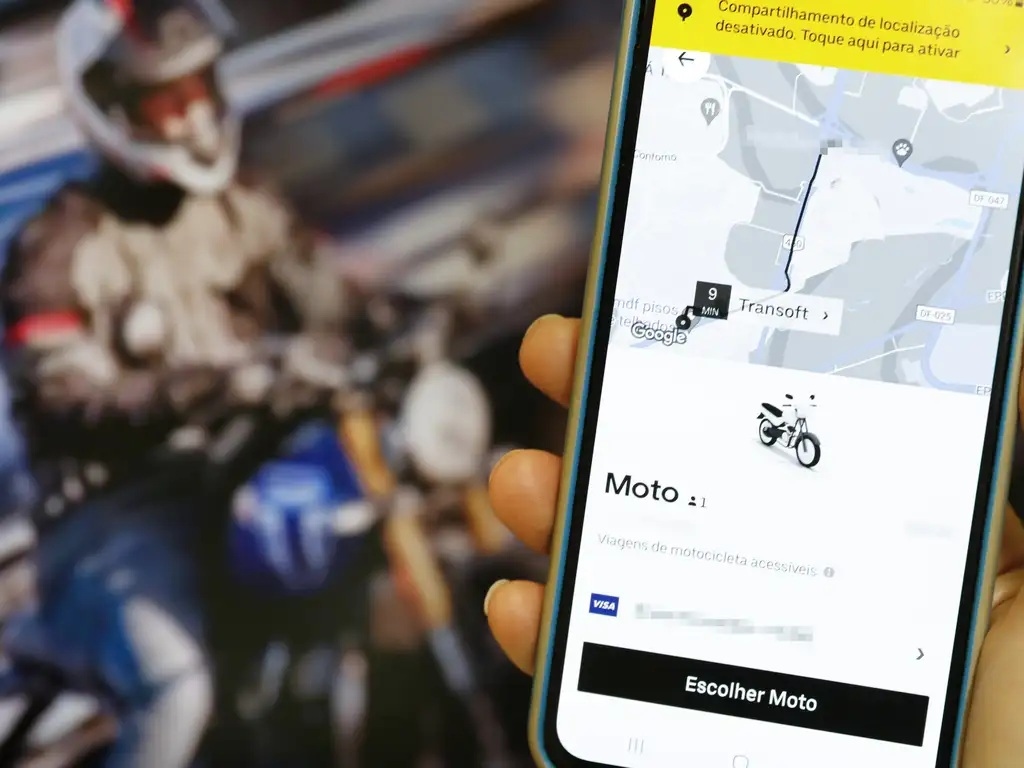App-based workers surge 25.4% to 1.7 million in 2024, according to IBGE

The number of workers using apps in Brazil increased by 25.4% by 2024, compared to the same period in 2022. In this two-year period, the total number of people employed through this technology rose from 1.3 million to almost 1.7 million, an increase of approximately 335,000 workers.
The data are part of the module on work on digital platforms of the Continuous National Household Sample Survey (Pnad Contínua), released this Friday (17) by the Brazilian Institute of Geography and Statistics (IBGE).
Participation in the total number of employed people also increasedIn addition to the absolute increase, there was growth in the participation of these workers in the total number of employed people — people aged 14 or over who carry out some paid activity.
In 2022, professionals working through apps represented 1.5% of the 85.6 million employed people, a proportion that reached 1.9% of the 88.5 million in 2024.
Flexibility and income explain the sector's expansionAccording to Gustavo Fontes, the analyst responsible for the research, the growth of app-based work may be related to both the possibility of higher income and the flexibility offered by this modality.
“The ability for a person to choose the days, hours and place of work can also be a determining factor,” said Fontes.
Higher income and more hours People who worked with app-based help in 2024 had an average monthly income of R$2,996. This amount is 4.2% higher than the income of other workers (R$2,875). 
 This difference, however, was once greater. In 2022, platform workers' earnings exceeded those of other workers by 9.4%, according to the Brasil agency.
This difference, however, was once greater. In 2022, platform workers' earnings exceeded those of other workers by 9.4%, according to the Brasil agency.
The finding is part of a module on app workers in the Continuous National Household Sample Survey (Pnad), released this Friday (17) by the Brazilian Institute of Geography and Statistics (IBGE).
While the income of these workers was above average, the data also shows that they worked longer hours.
The survey shows that workers employed through popular apps – referred to by the IBGE as platformized – had a 44.8-hour workweek, while non-platformized workers had a 39.3-hour workweek in 2024.
Thus, the IBGE found that despite having a higher income, these workers received R$15.4 per hour. This amount is 8.3% lower than non-platform workers (R$16.8/hour).
In other words, those who work through apps need to work harder to outperform those who don't use platforms.
gazetadopovo



